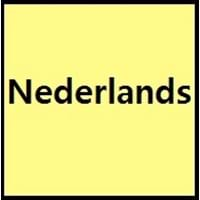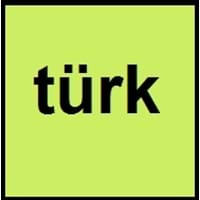Dutch vs Turkish
- Dutch language consist of extremely long words. The longest dutch word in the dictionary is 53 letters long.
- There exists 75% borrowed words in Dutch language, and a lot of those are French, English and Hebrew.
- Turkish language oldest written records are found upon stone monuments in Central Asia, in Orhun, Yenisey and Talas regions.
- Turkish language was developed in the Middle East, streching all the way to Eastern Europe.
Dutch and Turkish Language History
Comparison of Dutch vs Turkish language history gives us differences between origin of Dutch and Turkish language. History of Dutch language states that this language originated in AD 450-500 whereas history of Turkish language states that this language originated in c. 1350. Family of the language also forms a part of history of that language. More on language families of these languages can be found out on Dutch and Turkish Language History.
Dutch and Turkish Greetings
People around the world use different languages to interact with each other. Even if we cannot communicate fluently in any language, it will always be beneficial to know about some of the common greetings or phrases from that language. This is where Dutch and Turkish greetings helps you to understand basic phrases in Dutch and Turkish language. Dutch word for "Hello" is Hallo or Turkish word for "Thank You" is teşekkür ederim. Find more of such common Dutch Greetings and Turkish Greetings. These greetings will help you to be more confident when conversing with natives that speak these languages.
Dutch vs Turkish Difficulty
The Dutch vs Turkish difficulty level basically depends on the number of Dutch Alphabets and Turkish Alphabets. Also the number of vowels and consonants in the language plays an important role in deciding the difficulty level of that language. The important points to be considered when we compare Dutch and Turkish are the origin, speaking countries, language family, different greetings, speaking population of these languages. Want to know in Dutch and Turkish, which language is harder to learn? Time required to learn Dutch is 24 weeks while to learn Turkish time required is 44 weeks.





